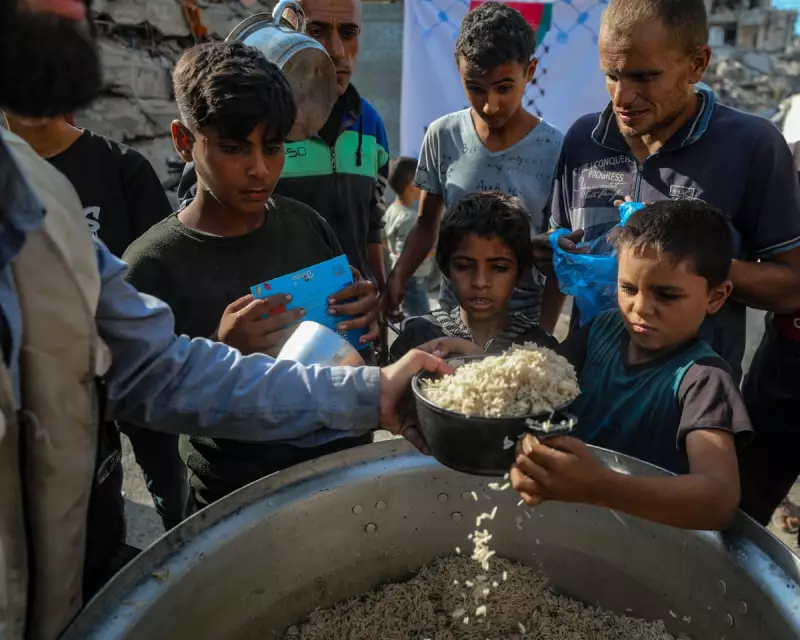
Intense diplomatic efforts are underway to broker a ceasefire between Israel and Hamas as Gaza's humanitarian situation reaches catastrophic levels. Negotiators from Qatar, Egypt, and the United States are working around the clock to bridge significant gaps between the warring parties.
Humanitarian Crisis Deepens
United Nations agencies report that aid distribution in Gaza has effectively ground to a halt, with only a handful of trucks managing to deliver supplies in recent days. The situation has become so dire that humanitarian organisations are warning of complete system collapse.
Critical shortages now affect every aspect of daily life:
- Medical supplies are virtually nonexistent in many hospitals
- Food distribution points face massive crowds with insufficient supplies
- Clean water remains inaccessible for most of the population
- Fuel shortages threaten to halt what little humanitarian operations continue
Political Pressure Mounts on Israeli Leadership
Prime Minister Benjamin Netanyahu faces growing domestic and international pressure as ceasefire negotiations stall. Within his own government, divisions are emerging between those advocating for a deal and hardliners pushing for continued military operations.
The Israeli War Cabinet remains deeply split, with Defence Minister Yoav Gallant reportedly expressing frustration over the lack of progress in securing the release of Israeli hostages held in Gaza.
West Bank Violence Escalates
Meanwhile, tensions continue to flare across the West Bank, where Israeli forces have conducted multiple raids in recent hours. Palestinian health officials report several casualties, including at least one fatality, during clashes in Jenin and other areas.
Local sources describe the situation as increasingly volatile, with nightly confrontations between Palestinian residents and Israeli security forces becoming routine.
International Community's Growing Concern
World leaders are expressing mounting alarm over the deteriorating conditions. European and Arab diplomats are coordinating efforts to push both sides toward an agreement, with particular focus on ensuring humanitarian access.
The United States continues its shuttle diplomacy, with senior officials maintaining close contact with all parties. However, sources close to the negotiations suggest significant obstacles remain before any breakthrough can be achieved.
As night falls in the region, millions await news of whether diplomacy can prevail where military action has failed to bring lasting security or relief to civilians caught in the crossfire.





